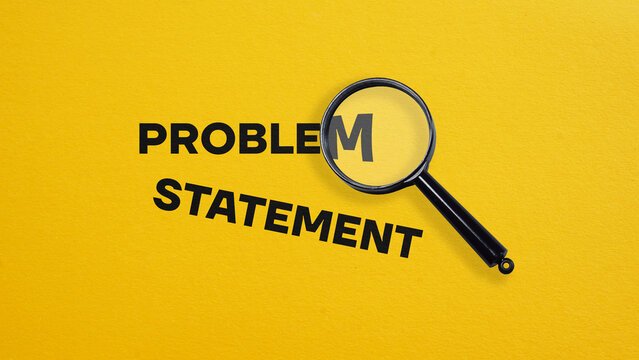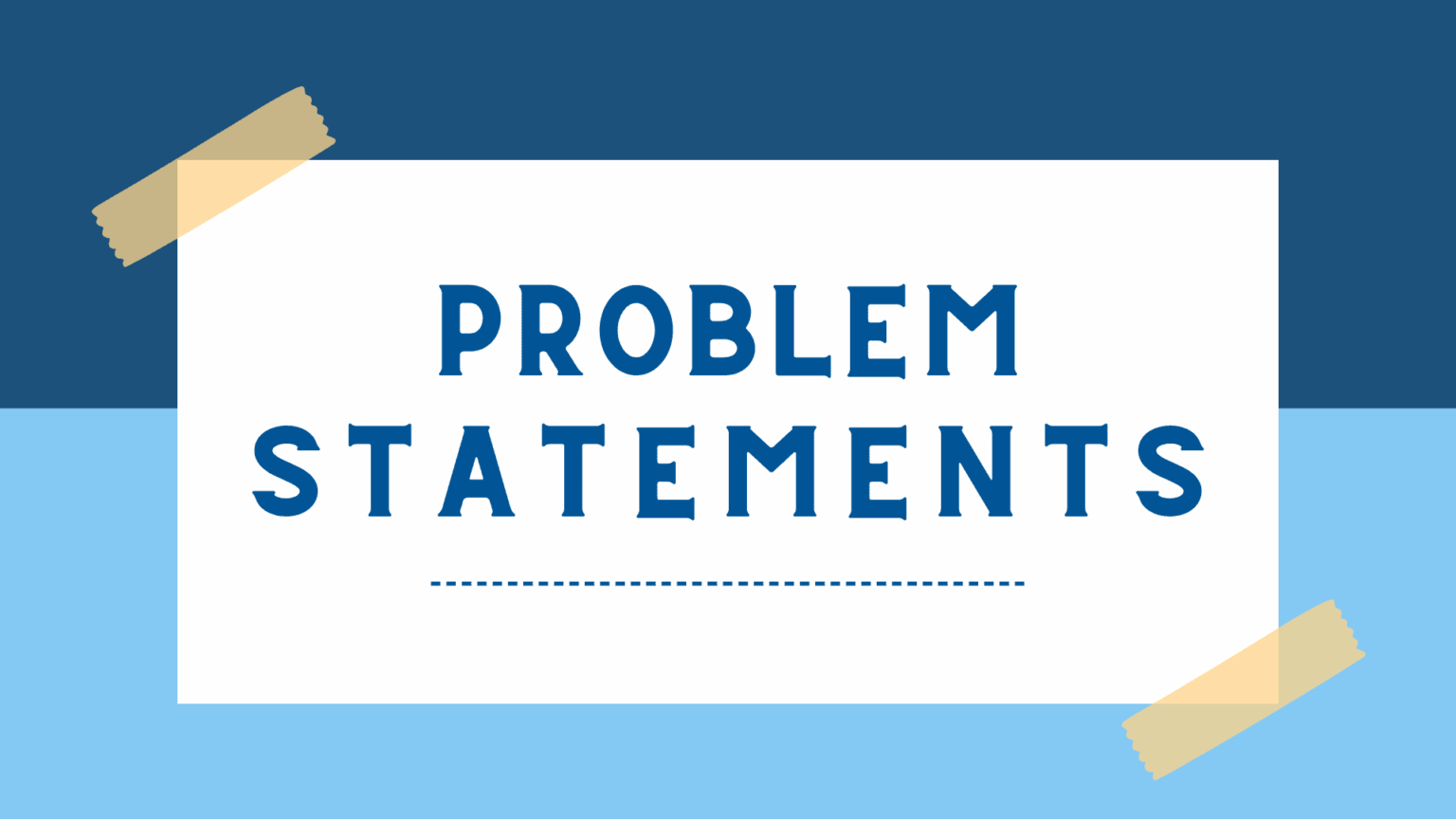A well-defined research problem statement is the backbone of any successful research project. It sets the direction and scope of the study, guiding researchers in their investigation and analysis. Crafting a clear and concise problem statement is crucial in ensuring that your research is focused and relevant. In this blog post, we will explore the importance of research problem statements and provide you with various research problem statement examples to inspire your own work.
Why Are Research Problem Statements Important?
- Focus and Direction: A well-defined problem statement helps to narrow down the research topic, ensuring that the researcher remains focused on the issue at hand.
- Research Design: It aids in the formulation of research questions and the development of methodologies to address the problem effectively.
- Clarity for Readers: A clear problem statement provides context for readers, helping them understand the significance of the research and its potential implications.
Characteristics of a Strong Research Problem Statement
- Specific: Clearly define the problem without being overly broad.
- Researchable: Ensure that the problem can be addressed through empirical investigation.
- Significant: Highlight the relevance and importance of the problem in the field of study.

Research Problem Statement Examples
- Social Sciences Example:
- Problem Statement: “Despite the increasing prevalence of remote work, little is known about its impact on employee productivity and job satisfaction in the tech industry.”
- Explanation: This statement identifies a specific gap in research regarding remote work’s effects, making it a targeted area for investigation.
- Education Example:
- Problem Statement: “There is a lack of understanding of how digital learning tools influence student engagement in middle school classrooms.”
- Explanation: Here, the statement pinpoints a particular issue in educational settings, paving the way for research into the effectiveness of digital tools.
- Health Sciences Example:
- Problem Statement: “High rates of obesity among adolescents in urban areas are link to poor dietary habits and lack of physical activity, yet effective intervention strategies remain underexplore.”
- Explanation: This example outlines a significant public health issue, emphasizing the need for research on interventions.
- Environmental Science Example:
- Problem Statement: “The impact of microplastic pollution on marine ecosystems is poorly understood, particularly concerning the effects on aquatic biodiversity.”
- Explanation: This statement highlights a pressing environmental concern and indicates a gap in current research.
- Business Example:
- Problem Statement: “Small businesses often struggle to compete with larger corporations due to limited access to digital marketing resources, hindering their growth potential in the online marketplace.”
- Explanation: This problem statement addresses a specific challenge faced by small businesses, making it relevant for further exploration.
Tips for Crafting Your Research Problem Statement
- Identify the Gap: Start by conducting a literature review to find existing gaps in research that your study can fill.
- Be Concise: Aim for clarity and brevity. A strong problem statement can often be articulate in a few sentences.
- Use Clear Language: Avoid jargon and complex language. Your problem statement should easily understood by a broad audience.
- Iterate and Refine: Don’t hesitate to revise your problem statement as your research progresses. It may evolve as you gain more insight into your topic.
Read More: Amazon Great Indian Festival 2024: Best Headphones & Earbuds Deals You Can’t Miss!- Click Here
Conclusion
A well-crafted research problem statement is essential for guiding your investigation and ensuring that your study is relevant and impactful. By examining various research problem statement examples and following the tips provided, you can create a strong foundation for your research project. Remember, the clearer your problem statement, the more focused and meaningful your research will be. Happy researching!







